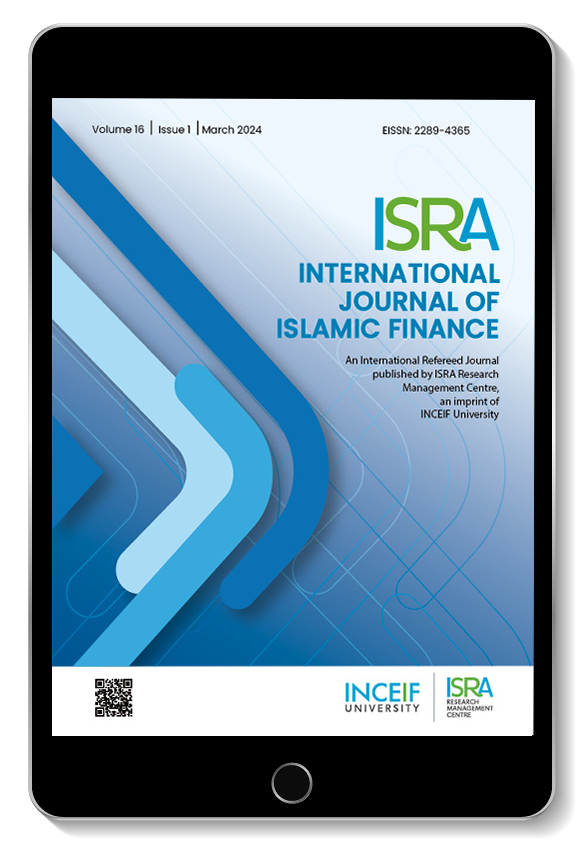通过善治加强对天课的遵守:一个概念框架
IF 2.8
Q2 BUSINESS, FINANCE
引用次数: 31
摘要
目的本文旨在利用组织合法性理论构建一个概念框架,解释天课机构治理与天课支付合规性之间的关系。设计/方法论/方法本文采用内容分析和多学科文献综述,主要涉及天课制度、公共治理和合规行为。发现该论文开发了一个模型,该模型改编自Abioye等人(2013),涉及治理机制对天课支付人合规的影响,使用信任作为调节因素。该模型包括四个影响天课支付合规性的治理机制。这四个机制包括董事会和领导层属性、透明度和披露做法、利益相关者管理做法和程序公正。信任对治理和天课合规之间的关系具有调节作用。研究局限性/含义该模型适用于受监管的天课制度,在这些制度中,国家建立了天课机构和收集和分发天课的法规,如沙特阿拉伯、巴基斯坦、苏丹和马来西亚。独创性/价值本文基于Abioye等人(2013)提出了一个模型来解释治理对天课支付合规性的影响。这项研究的新颖之处在于,在Abioye等人(2013)的框架中增加了一个新的关键变量,即程序公正性。其次,提出了受监管的天课司法管辖区的模式。本文章由计算机程序翻译,如有差异,请以英文原文为准。
Enhancing zakat compliance through good governance: a conceptual framework
Purpose
This paper aims to construct a conceptual framework which explains the relationship between governance of zakat institutions and zakat payment compliance by using the organisational legitimacy theory.
Design/methodology/approach
This paper adopts content analysis and a review of multidisciplinary literature that primarily relate to zakat institutions, public governance and compliance behaviour.
Findings
The paper has developed a model, adapted from Abioye et al. (2013), concerning the influence of governance mechanisms on zakat payers’ compliance using trust as a moderator. The model comprises four governance mechanisms which influence zakat payment compliance. The four mechanisms include the board and leadership attributes, transparency and disclosure practices, stakeholder management practices and procedural justice. Trust has a moderating effect on the relationship between governance and zakat compliance.
Research limitations/implications
This model is applicable to regulated zakat systems, where the state has established zakat institutions and regulations for the collection and distribution of zakat, such as Saudi Arabia, Pakistan, Sudan and Malaysia.
Originality/value
This paper proposes a model, based on Abioye et al. (2013), to explain the influence of governance on zakat payment compliance. The novelty of the study is the addition of one new critical variable, procedural justice, to the Abioye et al.’s (2013) framework. Secondly, the model is proposed for regulated zakat jurisdictions.
求助全文
通过发布文献求助,成功后即可免费获取论文全文。
去求助
来源期刊

ISRA International Journal of Islamic Finance
BUSINESS, FINANCE-
CiteScore
3.40
自引率
17.40%
发文量
18
审稿时长
20 weeks
期刊介绍:
It is the aspiration of the editorial committee that IJIF achieves the highest rank in quality and substance. It is thus our aim that the journal be carried in the Thompson Reuters’ ISI and Scopus databases. By ensuring high standards in articles published in Islamic finance we ensure that further innovation and research is carried out and promoted in the Islamic finance industry and academia. IJIF publishes 2 issues per annum.
 求助内容:
求助内容: 应助结果提醒方式:
应助结果提醒方式:


